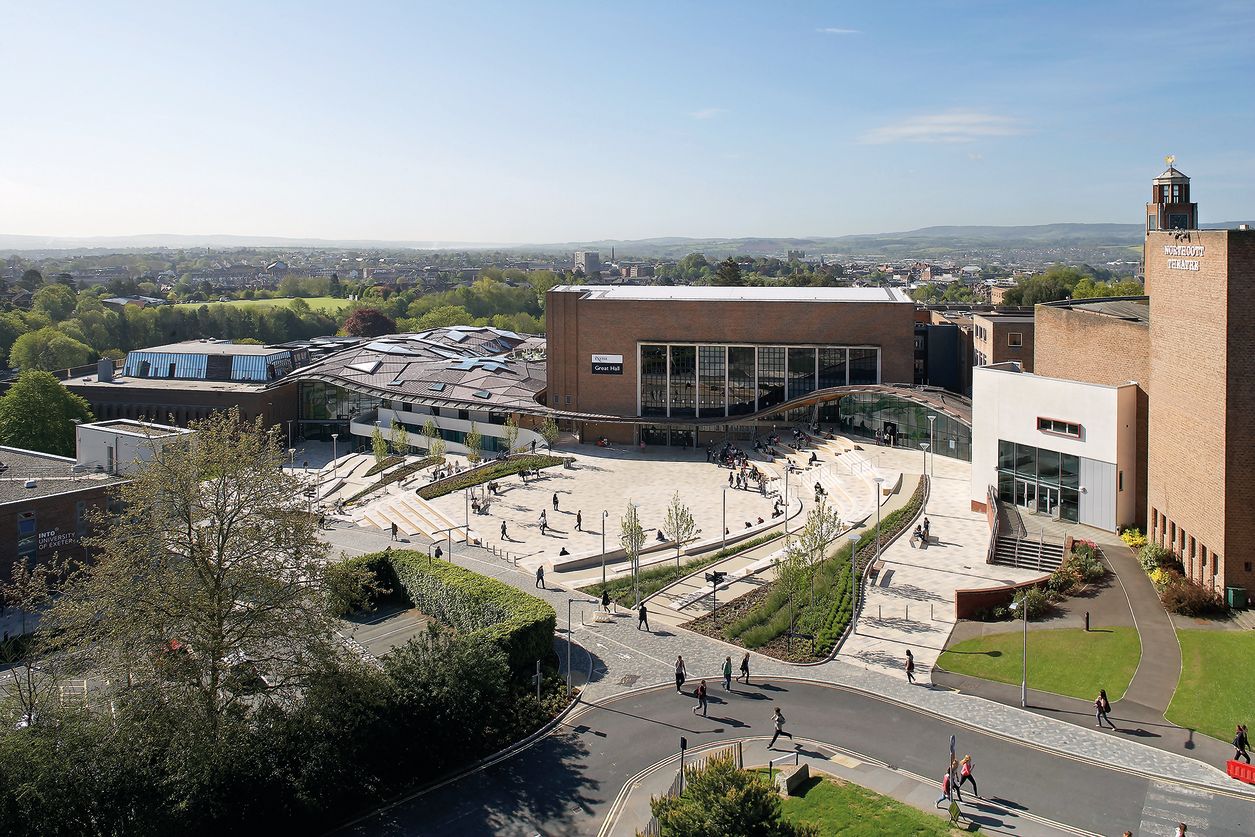University of Exeter: Religious participation makes both old and young more likely to trust their neighbours and donate to charity, study shows
Religious beliefs and participation help close the gaps in civic participation between millennials and their elders, researchers have found.
Experts have measured the social “capital” religion gives people of all ages. They found those in their 20s and 30s were less likely to join groups and associations, and less likely to be religious, but being involved with the church gave them more “religious capital” than older people who also attended services.
The study shows boomers often have more social capital than millennials and are more likely to be religious. Religious millennials may be more likely to encounter and interact with boomers, and this could “boost” the value of their religious capital. Religious boomers, in contrast, are likely to encounter others of the same age with similar social lives, so their church-based interactions have less of a social benefit.
The research, by Stuart Fox from Brunel University, Ekaterina Kolpinskaya, from the University of Exeter, Jennifer Hampton and Esther Muddiman, from the Wales Institute of Social and Economic Research and Data (WISERD) based at Cardiff University and Ceryn Evans from Swansea University, is published in The Sociological Review.
Researchers used data from the UK’s Household Longitudinal Study (UKHLS). The sample included information about all those born between 1946 and 1958, and those born after 1982. They measured religious participation through self-reported frequency of attendance at religious services.
Researchers found participating in religion gave boomers and millennials more social trust, despite how often they attended church. Those who participated at least once a year were more likely to trust their neighbours – by around four to five percentage points.
Millennials who said their religious belief made “some” difference to their daily life were around four percentage points more likely to donate to charity than those who said it didn’t make difference, while those who said it made “”much” difference are seven percentage points more likely.
Boomers who attended religious services at least once a week were the most likely to donate to charity, and around eight percentage points more likely than those of a similar age who didn’t attend church. The same is true for millennials, although the difference between those who participate weekly and who do not participate at all is 12 points.
Dr Fox said: “While lower levels of religious capital are contributing to lower levels of social capital among millennials, religious activity is also a more effective source of social capital for millennials than their elders.
“We found millennials are less likely to join groups or associations than boomers, regardless of their religious participation, so have less social capital.”
Researchers found the effect of religion on membership of community associations is limited, apart from older Baptists and Methodists, who were around eight per cent and four per cent respectively more likely to join community associations than their peers who are involved in other religions, or none.
Millennials who said religious beliefs made a big difference to their daily lives were significantly more likely to join community associations – by around 13 points. The research shows millennials who participated in religious services at least once a year – or once a month, or once a week – is around 10 points more likely to join a community association than one who does not. For boomers the same difference is 3 points.
Dr Kolpinskaya said: “We found religious participation increases associational membership for both generations regardless of its intensity: what matters is the difference between boomers or millennials who participate in religious activity at all, and boomers or millennials who do not.”

